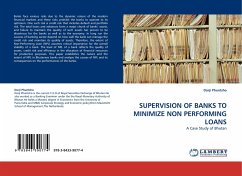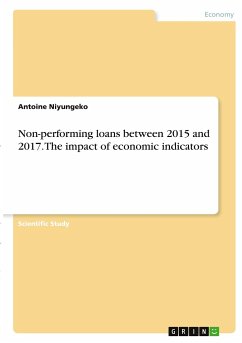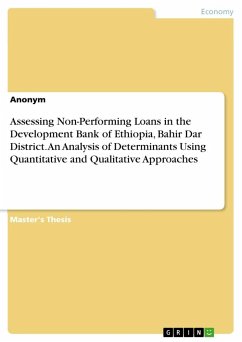Banks face various risks due to the dynamic nature of the modern financial markets and these risks prohibit the banks to operate to its optimum. One such risk is credit risk that includes default and portfolio risk. The total loans and advances form a major chunk of banks' assets, and failure to maintain the quality of such assets has proven to be disastrous for the banks as well as to the economy. In long run the success of banking sector depend on how well the bank can manage the credit risk and maintain its quality of assets. Therefore, the extent of Non-Performing Loan (NPL) assumes critical importance for the overall stability of a bank. The level of NPL of a bank reflects the quality of assets, credit risk and efficiency in the allocation of financial resources for productive purposes. This paper establishes the nature and the extent of NPL in Bhutanese banks and analyze the causes of NPL and its consequences on the performances of the banks.








